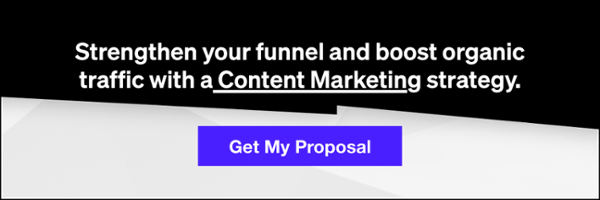There are hundreds of small, incremental SEO techniques you can use to improve the reach of your website. Good content, keywords, links, site optimization, and smart design are all pieces of the big picture. Think of your SEO as an ecosystem.
We’ll take a look at the most important elements and how to use them so that you can employ the most effective SEO techniques.
Consistency Is Key
One of the most effective SEO techniques is often overlooked due to its simplicity. Consistency. Remember that when building your SEO strategy every little bit counts. Keep adding, keep contributing, keep uploading to your site. While we all look for quick and easy ways to stay ahead of the search engines and improve our site’s search results, Google reward steady, consistent work.
Related: Basics of SEO
Why? Search engines love updated, fresh, relevant content. This is by design, as we live in a world of constantly developing products, news and information.
A search algorithm that only looked for “the top” of anything would only bring back the most trafficked content for the past 20 years. If you’re searching for “portable music” you’ll find titles like “Best Digital Audio Players of 2017” more frequently than you will find, say, an America Online review of a 1997 Sony Walkman CD player.
Keep Your Content Unique
Search engines reward user experience, and the measurement of that user experience is unique and engaging content.Whatever you post to your site make sure you are providing value. Readers want your expert opinion on something. You have knowledge to share on a subject they are looking for.
Related: Building a Strong Content Marketing Plan & Strategy
So share that knowledge to the best of your ability. When you do your job by creating an authentic, well written, informative article, you increase your audience and in turn, the search engines take notice.
Get Specific With Your Content
Instead of posting an article with a general topic like, “Healthy Eating Plans”, you can create a better user experience for your visitors by getting specific and using “7 Key Elements to the Paleo Diet”. Yes anyone can find content about healthy eating options, but your blog is catering to those who are interested in paleo.
The more specific your content is, the more likely it will answer the user’s search query. The article also has a better chance of ranking on page 1 since there’s most likely less competition for that specific content as opposed to the broader topic.
Use The Tools Available To You
Writing the content is step one, but in order to get the most visibility possible on your blog posts, it’s crucial to optimize the posts with relevant keywords.
At Power Digital, we use a variety of keyword research tools to identify all of the keyword opportunities available to our clients. From Google’s Keyword Planner to keywordtool.io there are a number of tools available to identify keyword variations. In general, there are three types of keywords: navigational, informational and transactional. Navigational refers to queries in which users are searching for
Related: Are You Choosing the Right Keywords? A Guide to Search Intent
If you are writing content for your blog, this content will most likely be more informational and therefore you would want to optimize it with informational keywords. For example, a good informational blog topic would be “causes of dog anxiety.” This post would bring in people who are simply looking to learn more about what causes dog anxiety, and aren’t necessarily looking to buy anything yet.
If your product helps with dog anxiety the product page would use a keyword that’s more transactional like “natural remedies for dog anxiety.” This keyword is more transactional because people are looking for a solution and most likely wanting to buy a product.


















